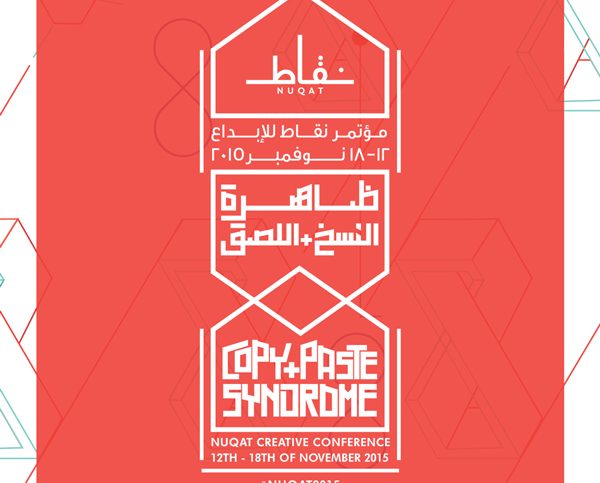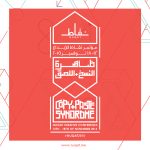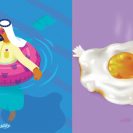It is said that imitation is the sincerest form of flattery. In the case of one Richard Prince, the popular visual artist, the previous statement would not sit well with many people. His installation of portraits, composed of blown up photos that were taken from his personal Instagram feed, caused quite a stir at last May’s Frieze Art Fair in New York. Prince deems, along with several legal specialists, that he is basing his art on the notion of ‘appropriation’, and that ‘Fair Use’ in the art world is a common phenomenon. He has repurposed these images, after all, and much of today’s contemporary art is based on historical or now-popular imagery.
In an article published by The Verge last May, ‘Fair Use’ is usually evaluated in courts on a case-to-case basis, and it “requires consideration of the difficult-to-define “purpose” and “nature” of the work, the amount of copyrighted material used, and the effect the appropriation might have on the market value of the original work.” While Prince’s show received much uproar, some featured ‘users’ saw it an honor to be incorporated into the artist’s work. Others believed his work to be genius.
This debate is not unique to the artist above. It is most certainly not new. We discuss originality in almost every aspect of our lives. From the basis of our upcoming business plans to the décor of our homes, we are encouraged to showcase our individuality. However, we can’t deny that the human brain is tricky to say the least, where our subconscious is influenced by endless memories safely stored away, only to appear to us in a mythical reverie or in the form of a genius idea. What happens when you take this co-called genius idea, only to make it better? Should you be punished for your cunning business sense, and isn’t art subjective? We’re all taught the basics, be it the principal theory of supply and demand in Economics, or different artistic eras in your typical art history class. What is done with learned knowledge is completely yours, or is it?
It is this exact debate that has us extremely excited about the upcoming Nuqat Creative Conference. The theme for the conference this year is ‘The Copy/Paste Syndrome’ and the announcement has our offices buzzing with questions. As publishers, we’re constantly wondering how imitation both inspires, and can surely limit the creative production process. Our writers are usually horrified if they overuse a word they just read online, thinking that they will forever be unable to have another original thought, and our designers are always striving to work on new layouts for our print issues. Our inter-office debates rage with questions about one another’s signature style (yes, we writers can be petty like that, creative egos and all), and our editors do have nervous breakdowns when they realize that their splendid ideas are axed because ‘someone else just did this last month’.
Rather than sit around and argue about who coined a ‘new term’ that might not mean anything in particular, this bazaar office will join the awesome Nuqaters once again this year, and embark on yet another enlightening journey. At this year’s Nuqat conference and workshops, the “Copy + Paste” process will be utilized as a departure point for questioning topics including originality, authorship, and the artist signature; social trends and business franchises; development of critical thinking in schools; creative copyright laws in music and fashion; virtual reality and simulation.
The conference will help us ask whether copying can be a creative act (and if there is indeed any creative act that is free of plagiarism), how our society measures originality and whether individuality is the highest goal of creative endeavors. Yes, it’s going to be scintillating, and there might be a few ‘original’ ideas, or not. We can’t tell you for sure, which is why you need to come experience it for yourself. See you there!
Get ready to gear up and feed your creative minds with new inspirations, ideas and collaborations. Save the date of November 12 to 18, 2015 and join us at The Nuqat Creative Conference to tap “The Copy/Paste Syndrome.” For more information, visit www.nuqat.me.












